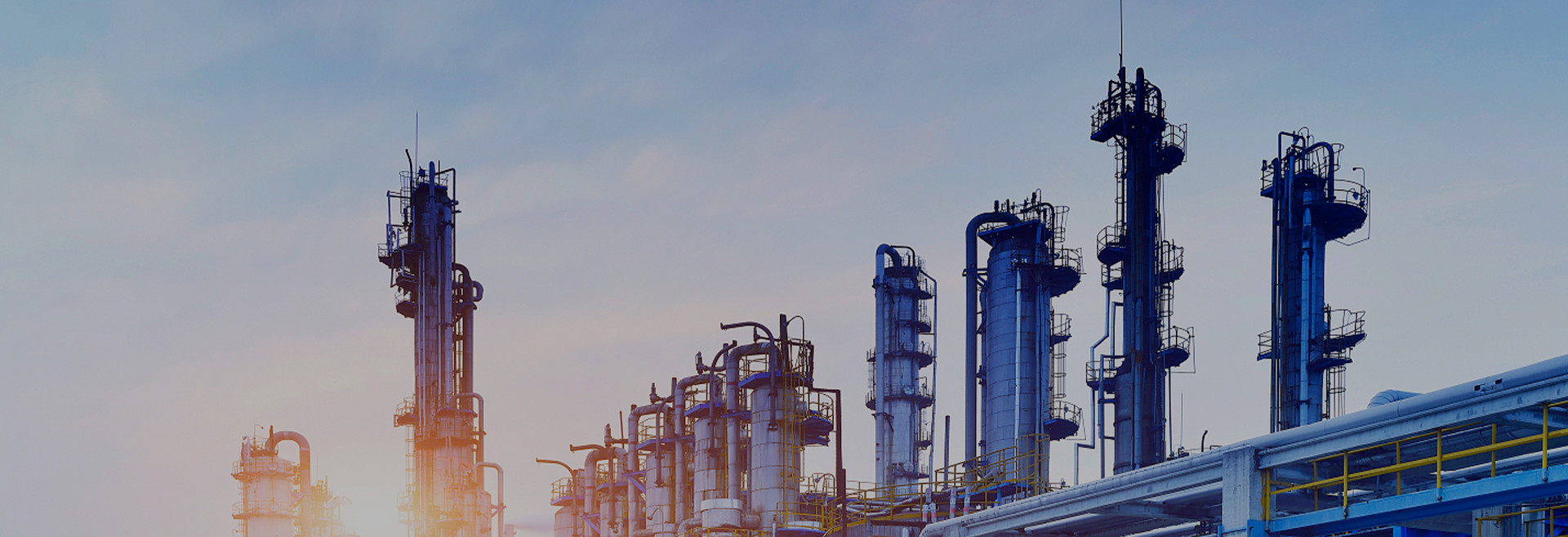Argon fluoride, with the chemical formula ArF, is a popular excimer laser gas. Excimer lasers utilize reactive gas mixtures that form short-lived excimer molecules to emit bursts of ultraviolet laser radiation. Some key facts about ArF:
-
Composition – ArF gas consists of 0.1% fluorine and 99.9% argon balanced with a buffer gas like neon or helium.
-
Ultraviolet Wavelength – ArF lasers emit coherent light at 193 nanometers, one of the shortest UV wavelengthsgenerated by excimers.
-
Pulsed Output – Lasing occurs in nanosecond pulses with high peak power reaching gigawatts but low duty cycle.
-
Cooling Systems – ArF gas must be circulated and cooled to cryogenic temperatures around -60°C to enable excimer formation.
-
Applications – The 193nm UV light is widely used in photolithography for semiconductor chip manufacturing and other precision micromachining.
With its short wavelength and reliable performance, argon fluoride excimer lasers are a versatile UV source for advanced materials processing requiring maximum resolution.
Post time: Sep-12-2023

